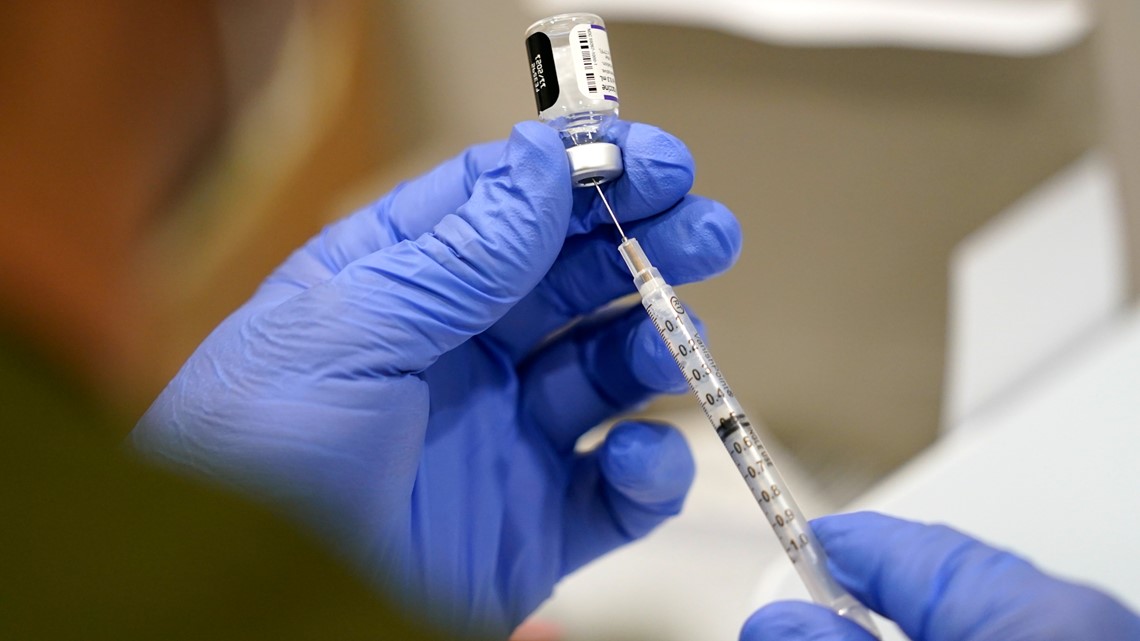I'm not sure it does open a path for litigation, but it sure does cause a lot of confusion within that state.
From a post I made last month:
"Regarding vaccine requirements, at a federal level, two of the drivers I have seen are:
1) Federal funding through CMS (the power of the purse) with Medicare and Medicaid monies, and
2) the Commerce Clause of the Constitution - Article 1, Section 8, Clause 3 of the U.S. Constitution, which gives Congress the power to regulate commerce with foreign nations, and among the several states, and with the Indian tribes.
I think that most people don't understand the Commerce Clause or its widespread impact. This is a huge source of authority for many federal agencies, as Congress passes laws based of the authority of the Commerce Clause, and federal agencies then promulgate regulations based on the laws. OSHA authorities would likely derive from whatever employee health and safety laws they enforce that can also be traced back to the Commerce Clause.
Realistically (federal) laws and regulations are effective till they are recinded, replaced, or a court rules them unconstitutional."
Thus, I don't believe that state law in most cases, has any impact on federal law or regulation. If a state isn't happy with a law or regulation, they can go through the federal courts to challenge the law or regulation. Some of the states, may opt to do so, we will see.
Jim

